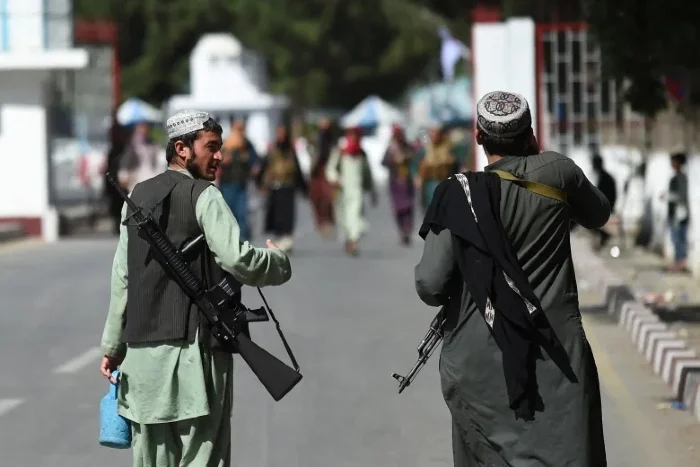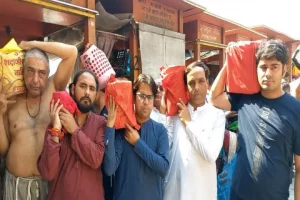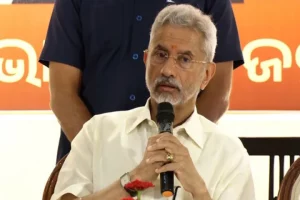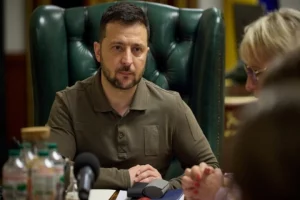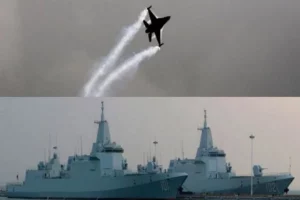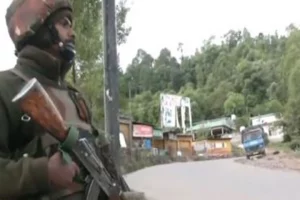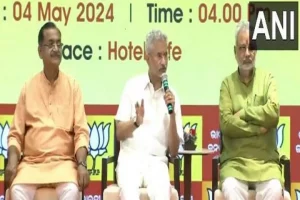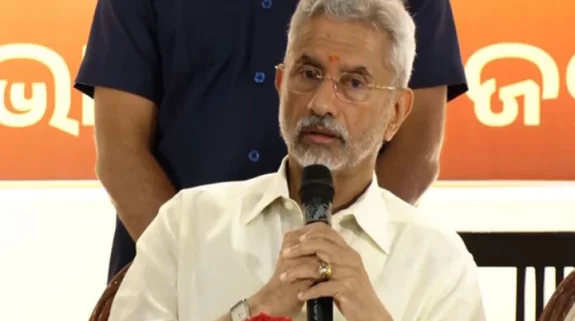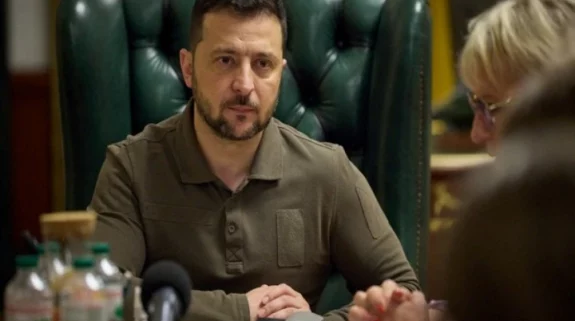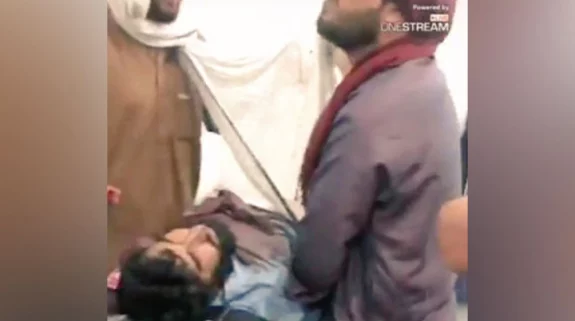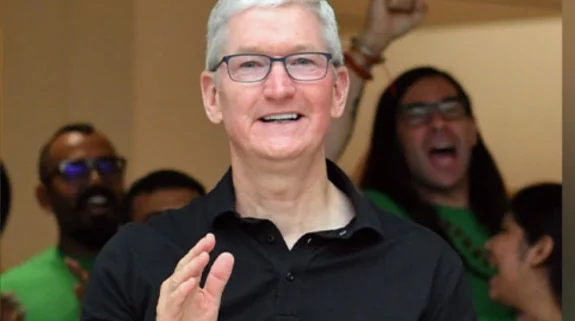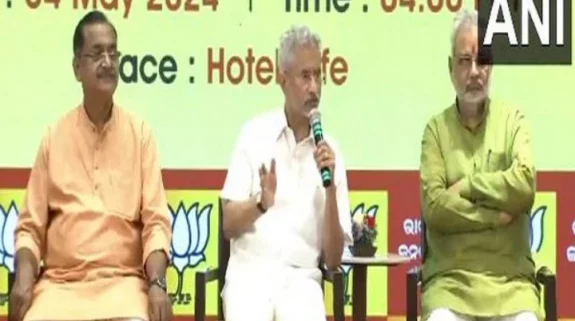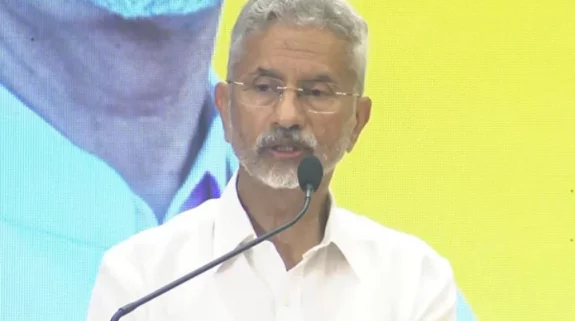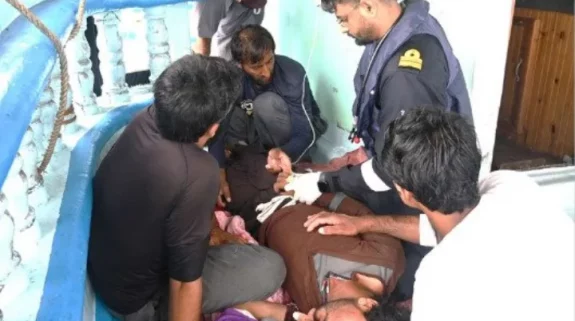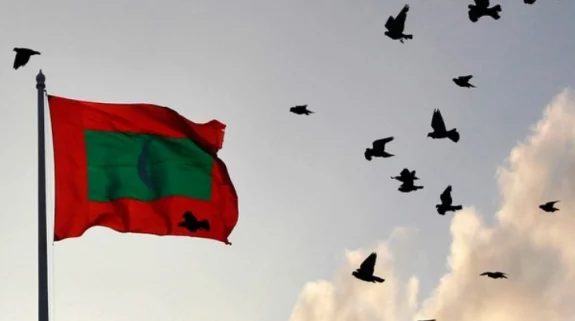Atul Aneja and Ateet Sharma
India and the Taliban have opened direct talks in Doha, hours after the historic exit of US forces from Afghanistan.
India's Ambassador to Qatar, Deepak Mittal met Sher Mohammad Abbas Stanekzai, the head of Taliban's Political Office in Doha. The meeting took place at the Indian embassy "on the request of the Taliban side".
Stanekzai, who has been trained in the Indian Military Academy, before he joined the Taliban, has assured that New Delhi's concerns would be "positively addressed", including that of Afghanistan's soil not being used for any anti-Indian activity.
"Discussions focused on safety, security and early return of Indian nationals stranded in Afghanistan. The travel of Afghan nationals, especially minorities, who wish to visit India also came up," said the Ministry of External Affairs, in a statement.
Ambassador Mittal raised India's concern that Afghanistan's soil should not be used for anti-Indian activities and terrorism in any manner.
"The Taliban representative assured the ambassador that these issues would be positively addressed," said the MEA.
Also Read: Indian Military Academy trained Afghan soldier, figures among top Taliban leaders
Fathered by Pakistan, the Taliban's return to power in Afghanistan has raised a major concern of the jihadist groups and fundamentalists disturbing the peace in the neighbouring countries, including India.
Analysts point out the dialogue in Doha is timely as the Pashtun Taliban have emerged as the strongest political and military force in Afghanistan. The group seized control of most of the country and overran Kabul on August 15. On Tuesday, the group further deepened its hold after the Americans completed their exit from Kabul by midnight on Monday.
Despite the interaction with the Taliban, recognition of the government led by the group is not on India’s radar. Nevertheless, analysts point out that New Delhi could look at ways to continue its association with the common people of Afghanistan, who have been the worst sufferers.

India has invested over $3 billion in the country in building dams, roads, electricity transmission lines besides schools and hospitals in the war-torn country. Even the country’s Parliament building has been built by India. It was inaugurated by Prime Minister Narendra Modi in 2015.
Leading energy and geopolitical expert Narendra Taneja said that India’s connect with the people of Afghanistan dates back to thousands of years ago. “We need to distinguish between the people and the group in power there. We shouldn’t look at the developments in Afghanistan in an emotional manner, we will need to be pragmatic. We should strive to restart our stalled developmental projects provided Kabul is willing to extend the guarantee in terms of safety of our workers and technicians,” Taneja told India Narrative.
Earlier this month, chairing a meeting of the Cabinet Committee on Security (CCS), Prime Minister Narendra Modi said that New Delhi will provide all possible assistance to “Afghan brothers and sisters who are looking towards India for assistance”.
Separately, External Affairs Minister S Jaishankar said that India’s approach to Afghanistan will be guided by the will of the Afghan people. "For us, it (Indian investment in Afghanistan) reflected our historical relationship with Afghan people. That relation with Afghan people obviously continues. That will guide our approach to Afghanistan in the coming days," Jaishankar said in New York after attending the UN Security Council meeting.
Stanekzai, who was a deputy foreign minister in the last Taliban regime, is in contrast to his peers, considered to be highly educated as he has passed out of the IMA at Dehradun. He was trained at the officers’ academy in the 1970s, under the Indo-Afghan defence cooperation programme. Most of the other Taliban leaders have in contrast studied from madrasas in Afghanistan or Pakistan.
Born in 1963 in the Baraki Barak district of Logar province, Afghanistan, Stanekzai is ethnically a Pashtun.
In the 1980s, he left the Afghan army and joined “Jihad” against the Soviet army, fighting with Nabi Mohammadi’s Harakat-e Inqilab-e Islami and Abd ul Rasul Sayaf’s Ittehad-e-Islami, as commander of its south-western front.
Also Read: India will not abandon Afghan people, but recognition of Taliban not on the radar






